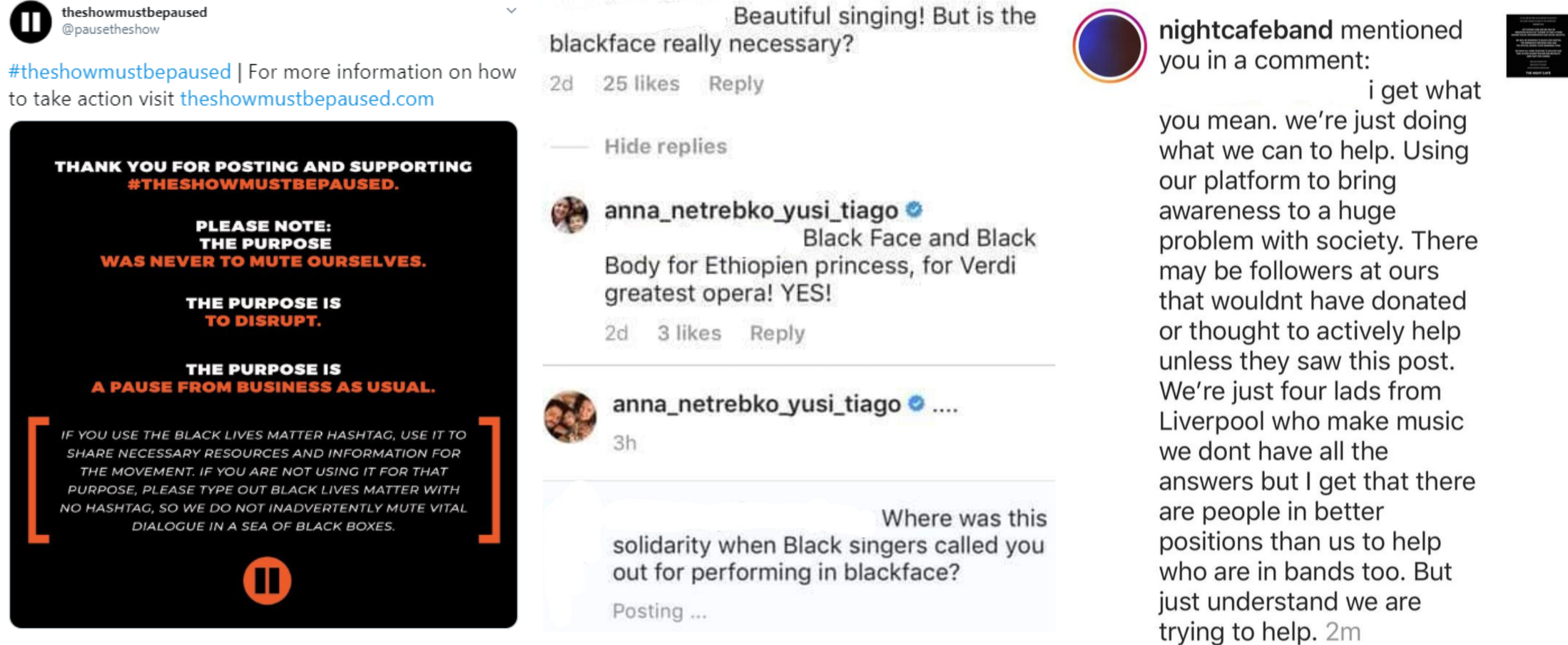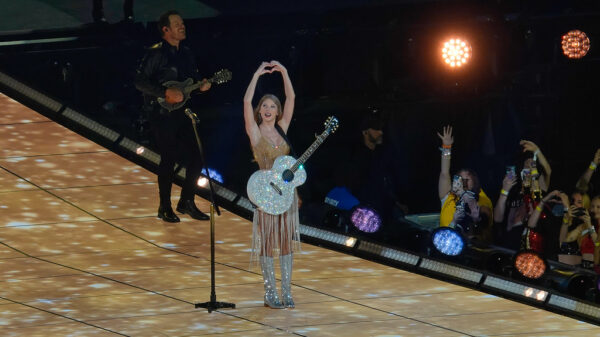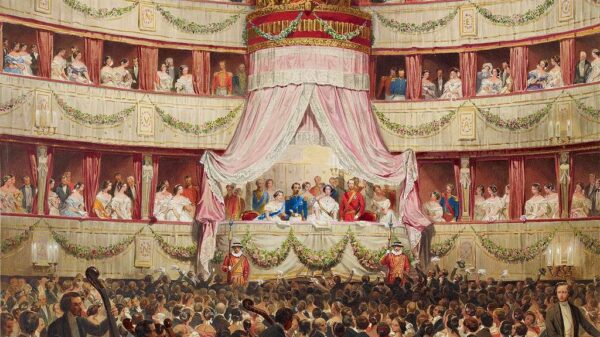Roar writer Elena Veris Reynolds on how the music industry has been addressing the Black Lives Matter movement.
In the wake of Black Lives Matter protests sparked by George Floyd’s death, many musicians and artists participated in Black Out Tuesday on the 2nd of June. The initiative was started by Brianna Agyemang and Jamila Thomas, two marketing directors for Atlantic Records, on the hashtag #TheShowMustBePaused. The idea was that musicians would stop posting their own promotional material and music for the day, and instead publicise the Black Lives Matter movement and take action to support it. However, as the initiative also spread to the outside of the musical world, it very quickly turned controversial. Many users tagged the post with #blacklivesmatter and flooded the hashtag, effectively stopping the spreading of important information regarding protests, bail funds and organisations. There was also widespread criticism of many musicians and musical establishments that the black squares were merely performative; a way to gain clout by jumping on a social media trend without doing anything substantial to support Black people and challenge racism.
It seems especially significant that many who posted a black square did only that, without using their space to actually uplift Black voices or the BLM Movement. Just posting a black square with the hashtag does nothing to change things in a world where everyone is aware of racism and police brutality. In the operatic sphere, controversial soprano Anna Netrebko was called out on her Black Out Tuesday post so much that she turned the comments off. Netrebko has caused outrage for performing opera in blackface many times, and has never apologised. The Metropolitan Opera in New York, who have employed her in these roles, was also criticised for posting a Black Out Tuesday sentiment that felt empty when it was pointed out that they have never performed an opera by a Black composer (plans were made last year made to perform an opera by Terence Blanchard, but this production has not surfaced). The Instagram account @OperaIsRacist has since been publishing the testimonies of Black people in the industry. A recent testimony detailed the racism and gaslighting experienced at the famed Glimmerglass opera festival – another organisation criticised for posting a black square without detailing any steps taken to actively dismantle racism. The instagram accounts @BroadwayIsRacist_ and @OrchestraIsRacist are similarly publishing testimonies of racism in their respective industries.
Other performance venues that came under attack included the Southbank Centre in London, with an ex-employee calling out the racist behaviour that permeates the highest levels of management. Many rock and indie bands, a genre heavily dominated by white males, were criticised for posting a black square whilst having previously done nothing to address the toxic racist and sexist environments they operate in. One such band, UK-based The Night Café, when called out by a fan on the fact they needed to do more than just post a black square, grew defensive and claimed, “We’re just four lads from Liverpool who make music, we don’t have all the answers†(the band have since deleted their response and others comments that highlighted why it was problematic). This is a typical use of the argument that music-making is apolitical to deflect any kind of responsibility for addressing racism, which is both an incorrect and incredibly privileged position to take.
The problem with Black Lives Matter turning into these kind of trends is exactly this – these white musicians and companies post for one day and then go back to ignoring and perpetuating racism. Very few who posted a black square also laid out steps they would take to review their policies, ensure the hiring of Black people, call out racism among their peers or financially support Black organisations. Very few have said anything more on the subject or publicised any resources surrounding it, since 2 June, and many have now deleted the black square off their profiles. All areas of the industry, from classical to pop to rock, must recognise the institutionalised racism in the industry, must uplift and support Black musicians, and must recognise that much of the industry was built on the backs of Black people and appropriated from Black artists.
There are some musicians who are doing better, by consistently calling out racism in their fans and industry spaces, and who have used their financial capital to support Black organisations regularly rather than for one day; but they are still in the minority. Once again, this is really the bare minimum that anyone who is white in the industry should be doing. Until musicians across the board start to take real action to address racism in the industry, initiatives like Black Out Tuesday will remain performative and virtue-signalling, and the industry will remain racist and oppressive. We need to do better.
I want to acknowledge the many Black people who called out the hypocrisy of Black Out Tuesday on social media, including Munroe Bergdorf, Travis Alabanza and Ericka Hart, to name but a few. I encourage anyone who reads this article to financially support them and other Black people who are holding institutions to account, as well as financially support them in the music industry: the Living Black Composers Directory and account @BlackWomenInOpera are some starting points.


















